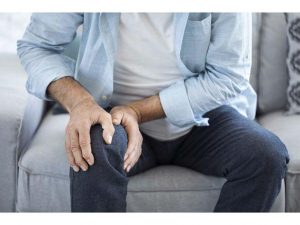
Using a rich moisturizer, even an inexpensive one like petroleum jelly, is one part of keeping eczema under control. Now researchers have found that this skin care step can keep many newborns at risk for the condition from developing it. Eczema, or atopic dermatitis, is the most common inflammatory skin condition among children. With eczema, the skin’s natural barrier isn’t working correctly, leaving skin red, dry and itchy. It typically runs in families with a history of asthma and allergies, and affects up to one in five infants. The most common areas of the body affected are the face, neck and head. Note that eczema in children is more likely to appear in the bends of elbows and knees. Eczema Symptoms Itchy skin Redness Dry, scaly skin Skin that has become leathery Tiny blisters that may ooze Studies have found that moisturizing for six to eight months, starting within baby’s first few weeks, can reduce their eczema risk. What moisturizer should you use? Researchers from Northwestern Health recently looked at seven over-the-counter moisturizers, including several popular drugstore brands, as well as plain petroleum jelly. The investigators found that petroleum jelly was the most cost-effective, but that even the most expensive product was a fraction of what the cost of eczema care would be. What’s more, this has the potential to save baby from great discomfort… read on >



































